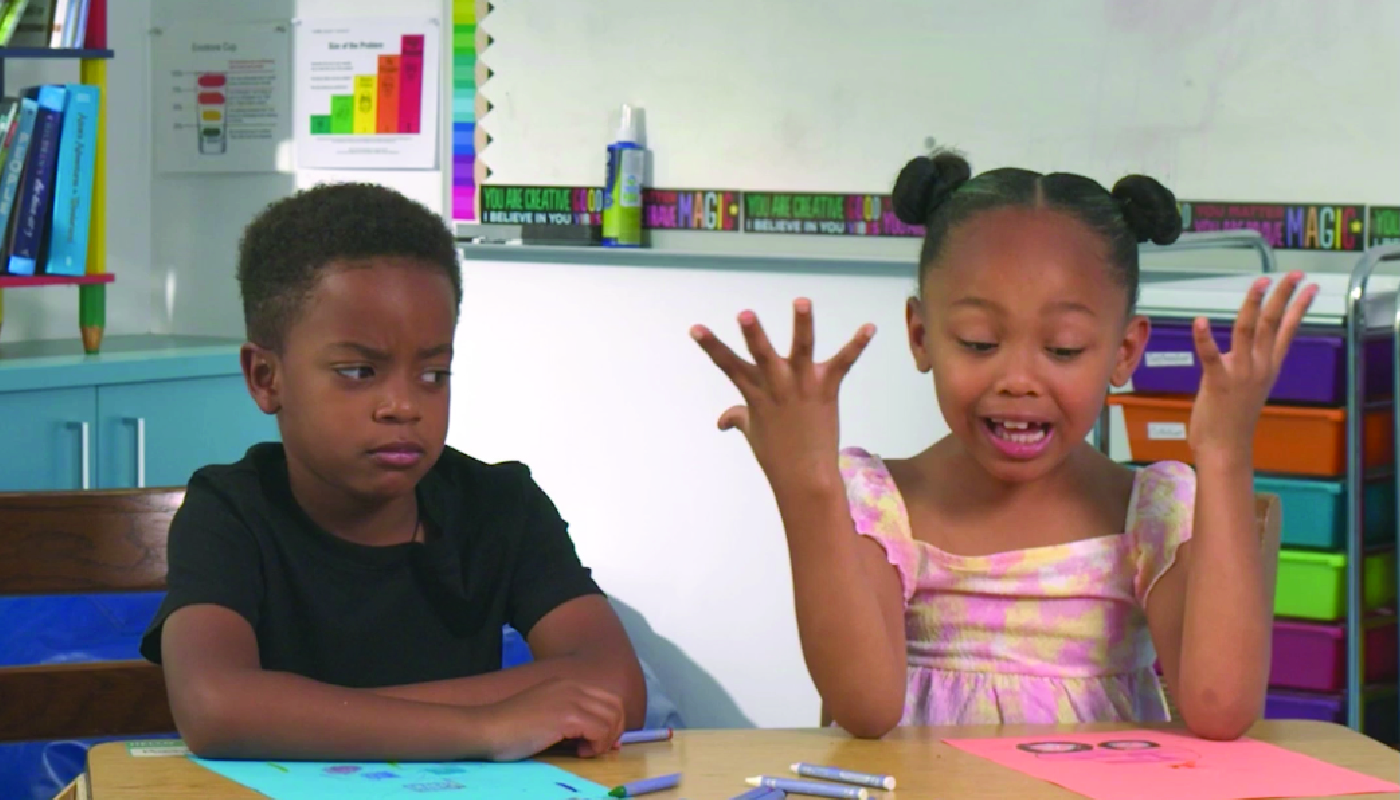
Introduction
As educators, we recognize the importance of adaptability in special education. This essential skill enables students to navigate changes in their environment, fostering positive learning experiences and social interactions.
Understanding Adaptability
Adaptability is the ability to adjust to new situations and changes in the environment. It impacts students’ learning, social interactions, and overall wellbeing. Developing adaptability skills in kindergarten students helps them cope with unexpected events and fosters resilience.
The Role of Specialists
Various specialists can support the development of adaptability in students:
- Speech-Language Pathologists: Help students improve communication skills to express emotions and adapt to new situations.
- Social Workers: Assist students in understanding social cues and expectations, enabling them to adjust to different social environments.
- Psychologists: Support students in managing emotions and developing coping strategies for change.
- School Counselors: Guide students in problem-solving and decision-making when faced with new circumstances.
IEP Goals for Adaptability
Here are some SMART IEP goals to enhance adaptability skills:
Goal 1: Student will demonstrate the ability to switch tracks when faced with changes in routine or unexpected events.
Strategies and activities:
- Role-play scenarios to practice switching tracks in various situations.
- Teach students to name their emotions, press pause, choose a strategy, and visualize a new plan.
Goal 2: Student will participate in group activities that require flexibility and cooperation.
Strategies and activities:
- Introduce games or activities that necessitate adaptability and teamwork.
- Encourage students to take turns leading and following during group activities.
Implementing and Measuring Progress
Follow these tips for implementing IEP goals and measuring progress:
- Collaborate with specialists to provide targeted support for students.
- Monitor and document students’ progress through observations, checklists, and anecdotal notes.
- Regularly review and adjust goals based on students’ progress and needs.
Conclusion
Developing adaptability in kindergarten students is essential for their success in learning and social interactions. By implementing these IEP goals and collaborating with specialists, educators can foster a supportive environment for students to thrive. Explore more resources and sample materials at Everyday Speech Sample Materials.





